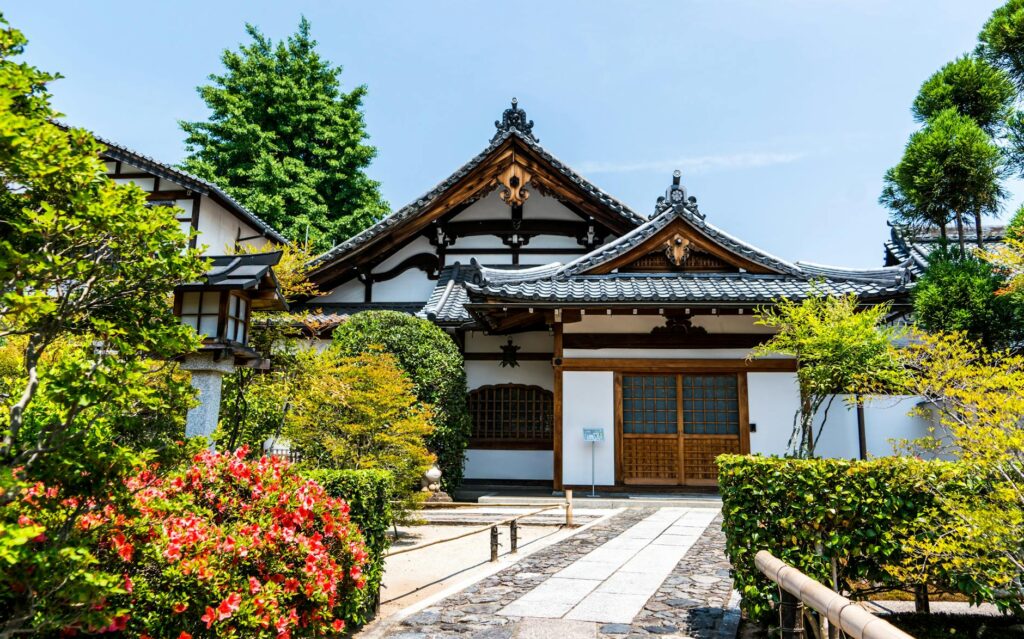While Japanese real estate is often considered “easy to buy,” there are also many cases where buyers encounter unexpected issues after the purchase.
For foreign buyers with different backgrounds, they may face hidden risks if they proceed without fully understanding Japan’s unique business practices and legal systems.
This article will highlight five common mistakes foreign buyers should avoid when purchasing property in Japan—and provide practical tips on how to get rid of them.
1. [NG] Sign the Contract Without Reading It
Many troubles are resulted from signing the contract without fully understanding its contents.
The sales contracts of Japanese real estate are very detailed, outlining obligations of both the seller and buyer, procedures in case of default, handover conditions, and allocation of tax responsibilities.
[Methods to Avoid Troubles]
-
Always have the contract translated into your native language.
-
If anything is unclear, consult a judicial scrivener or your real estate agent before signing.
- Receive a prior explanation of the Important Matters Disclosure Statement from a qualified professional.

2. [NG] Forget to Pay Taxes or Maintenance Fees
Buying the property is not the end—you’ll need to pay annual fixed asset tax and city planning tax, as well as monthly maintenance fees and repair reserve funds if it’s a condominium.
If you’re unaware of these obligations and fall behind on payments, you could incur penalties or, in the worst-case scenario, face asset confiscation.
[Methods to Avoid This]
-
Work with your real estate agent to appoint a Tax Representative in Japan.
-
Request your property management company to handle payments and set up automatic transfers from your overseas account.
-
Familiarize yourself with the tax schedule and set reminders in your calendar to stay on track
3. [NG] Purchase a Property Without Checking Its Condition
One common mistake is failing to properly inspect the property before buying.
This is especially risky with secondhand properties, where you must check the age of the building, maintenance history, and wear and tear of utilities and equipment in advance.
[Methods to Avoid This]
-
Request detailed videos and photos if you can’t view the property in person,
-
Have a professional property inspection conducted to assess the building’s condition.
-
Estimate the potential renovation costs if any repairs are likely to be needed.
4. [NG] Work with an Inexperienced Real Estate Agent
Selecting an agent just because they offer a low price or respond quickly can be very dangerous.
Real estate transactions in Japan involve complex legal procedures, large financial transfers, and tax-related responsibilities, all of which require deep knowledge and professional experience.
[Methods to Avoid This]
- Select a real estate agency with rich experience in supporting foreign buyers.
- Check Google reviews, social media feedback, and the company’s transaction history.
- Ensure they have multilingual staff who can speak English or Chinese.
5. [NG] Overlook the Post-Purchase Management Plan
It’s unrealistic to manage the property or cope with troubles by yourself if you don’t live in Japan.
This is especially important for rental properties, where you’ll need to deal with tenant communication, complaints, and repair arrangements.
[Methods to Avoid This]
-
Sign a contract in advance with a reliable property management company.
-
Select a company that offers one-stop services for both purchase and property management.
-
Make sure to include management costs in your budget planning.
Summary: Careful Preparation Is Everything before Purchasing Property in Japan
Japan’s real estate market is backed by a stable legal system, making it a safe place to invest. Nevertheless, proceeding without understanding the cultural and legal differences will increase your risk.
Avoiding “NG”s we discussed and proceeding carefully with the support of trusted professionals is the key to a successful property purchase in Japan.
If you want to hold Japanese property as a safe and secure asset, careful preparation and thorough checks before you buy are absolutely essential.




